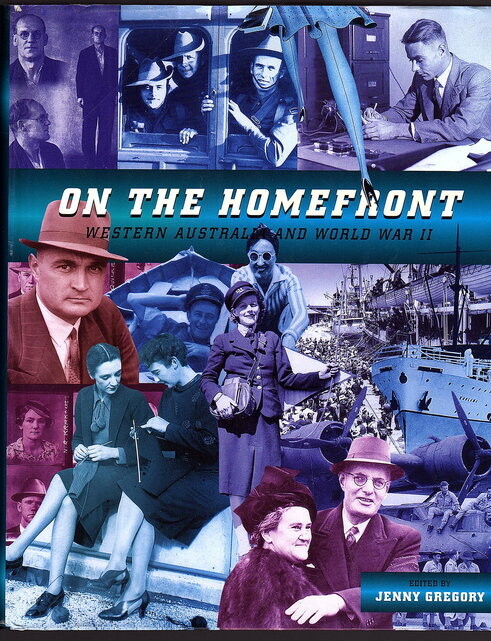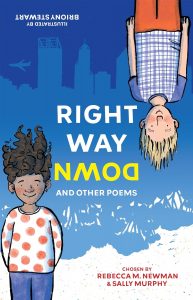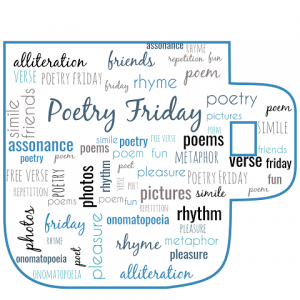I am so lucky to have just returned from a visit to the Pilbara region, in the North of Western Australia where, alongside three other creatives, and staff from FORM, I was part of the Scribblers on the Road Festival.
We visited the towns of Port Hedland, Marble Bar and Newman, as well as remote community schools, hoping to spread a love of creativity, and to empower young people to tell their own stories through writing, art and storytelling. It was an amazing journey – over some verrrrrry bumpy roads and through the most stunning red dirt scenery imaginable. You can see some of the things we saw and did in this little video (look out for the bumpy road clip)
All the scenery and the great company on the trip was of course very special, but the highlight was meeting young people willing to have us visit their communities. Even though we were there to share our knowledge, we were also learning from the people we met. I learnt a lot about giving and receiving, about the stories of the children we worked with, about languages other than English, and so much more. But perhaps one of my favourite lessons was from a girl called Matilda, in Marble Bar, who asked me, after I’d run a poetry workshop, why I talked so much.
I do talk A LOT (I have ADHD) but I also value listening, and Matilda’s question led me to ask one of my own. ‘I’m going to listen to you right now,’ I said. ‘What do you want me to know about you?’ Matilda thought about this and, with some help from her friends, started to tell me about the things she likes doing. I sat and listened, but also started writing and, when Matilda had finished, I told her she’d just made up a poem of her own – and she had. I’d simply written it down as she spoke.
Later, I added a title and typed it up and, with now, with Matilda’s permission here it is:
You Should Know That
Salted plum lollies,
playing on my phone,
going swimming
or down to the river,
walking around
annoying people
playing basketball
going to the pool
or driving really fast
are all
much
much
much
better than school!
By Matilda and Sally
Thank you Matilda for reminding me of the importance of being quiet long enough to hear what is important to the people you meet, and for being willing to let me share your poem with the world.
I am home now in the South West, feeling a little cold 9winter is here! but also with lifelong memories of the amazing Pilbara to keep me warm. And, because it is now Friday, I am sharing this post with the Poetry Friday community – a group of poets and poetry lovers from all over the world who share poetry every Friday. If you want to check it out, Denise is sharing a round up.



 Night With Our Stars and then, the next day, a big launch for the book at the State Library. I blogged about this
Night With Our Stars and then, the next day, a big launch for the book at the State Library. I blogged about this 
